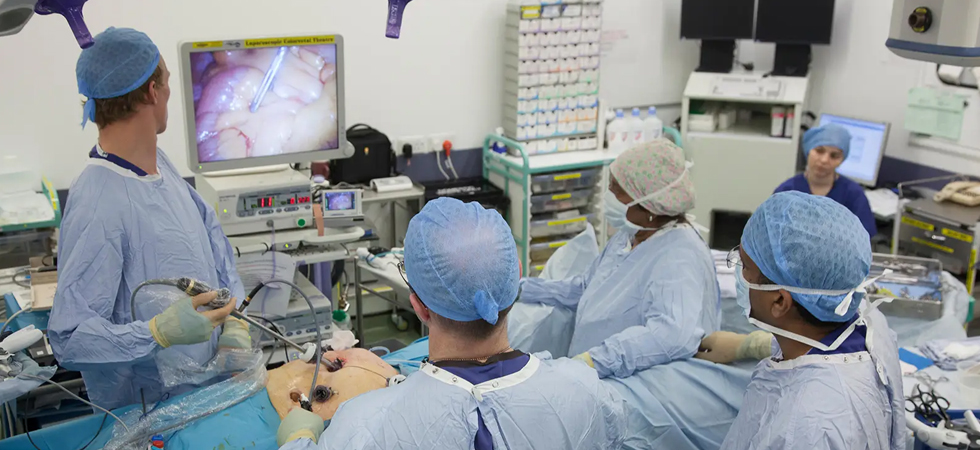General and minimally invasive surgery are two approaches to surgical intervention, each with its own advantages and applications.
General surgery involves the surgical treatment of various diseases and conditions affecting the abdominal organs, including the stomach, intestines, liver, gallbladder, and appendix, as well as the thyroid gland and breast. General surgeons are skilled in performing a wide range of procedures, such as appendectomies, hernia repairs, cholecystectomies (gallbladder removal), and thyroidectomies.
On the other hand, minimally invasive surgery, also known as laparoscopic or keyhole surgery, involves performing surgical procedures through small incisions using specialized instruments and a camera called a laparoscope. This approach offers several benefits over traditional open surgery, including reduced pain, shorter hospital stays, quicker recovery times, and smaller scars.
Minimally invasive techniques are commonly used in various general surgical procedures, including laparoscopic appendectomy, laparoscopic cholecystectomy, laparoscopic hernia repair, and laparoscopic colectomy, among others.
Overall, both general and minimally invasive surgery aim to provide effective treatment while minimizing trauma to the body and improving patient outcomes.

